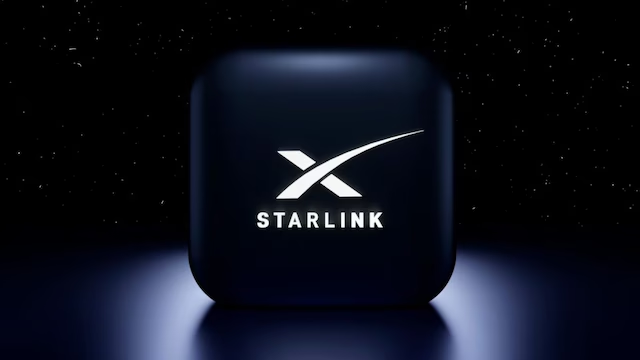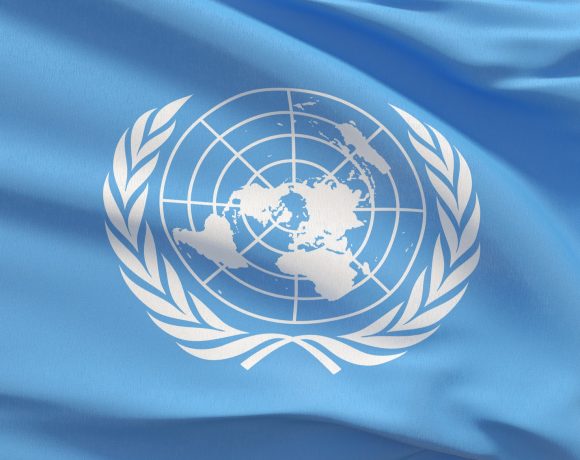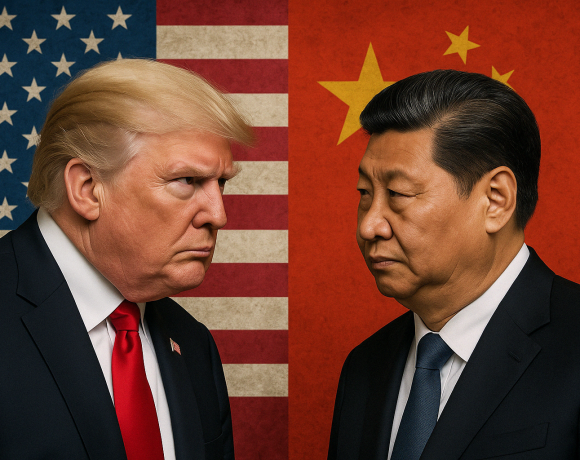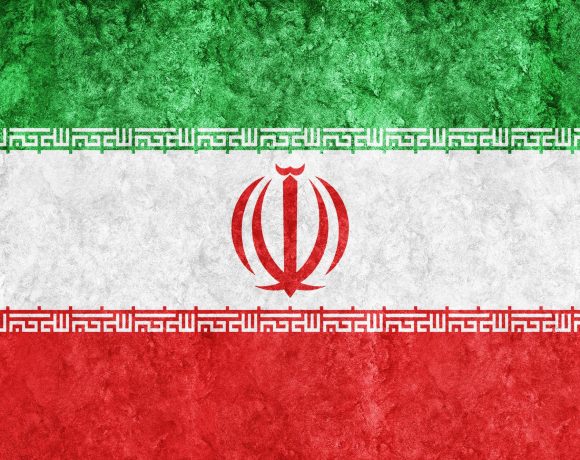
Bangladesh Launches Starlink Internet Amid Regional Tensions
Bangladesh has become the first country in South Asia to officially launch Elon Musk’s Starlink satellite internet service. The development is being viewed not just as a digital leap but also as a strategic step amidst political instability at home and simmering regional tensions between India and Pakistan.
Starlink’s Entry Into Bangladesh
On May 20, 2025, SpaceX’s Starlink began operations in Bangladesh, offering high-speed, low-latency satellite internet to consumers across the country. The service promises to revolutionize digital access, especially in remote areas where traditional broadband has remained patchy or nonexistent.
The subscription has been priced at around 4,200 Bangladeshi Taka (approximately $35) per month, with a one-time equipment cost of 47,000 Taka. Authorities hope the service will accelerate digital inclusion by enabling reliable access in rural and underserved regions.
A Strategic Move Amid Political and Regional Instability
The launch comes after a turbulent year in Bangladesh’s political landscape. Following widespread protests in July 2024, long-serving Prime Minister Sheikh Hasina was removed from office. The interim government, led by Nobel Peace Prize winner Muhammad Yunus, has since prioritized digital infrastructure to ensure communication remains intact during times of unrest.
During last year’s protests, nationwide internet blackouts hindered coordination and information flow. The Yunus administration sees Starlink’s satellite-based model as a safeguard against such disruptions, since it operates independently of ground infrastructure vulnerable to government shutdowns.
India and Pakistan Still Lagging Behind
While Bangladesh has fully rolled out Starlink, India and Pakistan remain in the early stages. India has approved Starlink’s application but awaits final clearances and commercial rollout. Pakistan, meanwhile, has issued a temporary license but is still dealing with documentation delays and regulatory hurdles.
This has given Bangladesh a first-mover advantage in the region, positioning it as a potential model for future public-private partnerships in satellite internet deployment.
Boosting Digital Resilience and Connectivity
Analysts believe the introduction of Starlink will significantly improve Bangladesh’s educational, economic, and communication capacities. For a nation frequently affected by monsoon disruptions and political instability, satellite internet provides an added layer of resilience.
The government has expressed hope that Starlink will help bridge the urban-rural digital divide and empower small businesses, students, and healthcare providers in underserved areas. The service also promises more reliable internet for disaster response and emergency communication.
With this launch, Bangladesh has taken a bold step in future-proofing its digital infrastructure—one that could influence neighboring countries to speed up their own Starlink integration or similar initiatives.


















